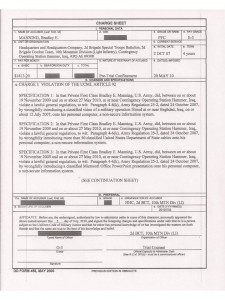
The attached very important report is by Jonathan Cook, a freelance resporter based in Nazareth in the occupied West Bank and one of the most intrepid reporters covering the Israel's occupation policies, is — or should be — a long overdue wakeup call to the US people, the US media, and the US government, but don't count on it.
Netanyahu admits on video he deceived US to destroy Oslo accord
Jonathan Cook, Foreign Correspondent
The National, July 18. 2010 1:02AM UAE
http://www.thenational.ae/apps/pbcs.dll/article?AID=/20100718/FOREIGN/707179891/1135
NAZARETH // There is one video Benjamin Netanyahu, the Israeli prime minister, must be praying never gets posted on YouTube with English subtitles. To date, the 10-minute segment has been broadcast only in Hebrew on Israel’s Channel 10.
Its contents, however, threaten to gravely embarrass not only Mr Netanyahu but also the US administration of Barack Obama.
The film was shot, apparently without Mr Netanyahu’s knowledge, nine years ago, when the government of Ariel Sharon had started reinvading the main cities of the West Bank to crush Palestinian resistance in the early stages of the second intifada.
At the time Mr Netanyahu had taken a short break from politics but was soon to join Mr Sharon’s government as finance minister.
On a visit to a home in the settlement of Ofra in the West Bank to pay condolences to the family of a man killed in a Palestinian shooting attack, he makes a series of unguarded admissions about his first period as prime minister, from 1996 to 1999.
Seated on a sofa in the house, he tells the family that he deceived the US president of the time, Bill Clinton, into believing he was helping implement the Oslo accords, the US-sponsored peace process between Israel and the Palestinians, by making minor withdrawals from the West Bank while actually entrenching the occupation. He boasts that he thereby destroyed the Oslo process.
He dismisses the US as “easily moved to the right direction” and calls high levels of popular American support for Israel “absurd”.

 The ‘warrior monk'
The ‘warrior monk' Ralph Peters
Ralph Peters







 local people are working to resolve some of the longest and bloodiest conflicts around the world.
local people are working to resolve some of the longest and bloodiest conflicts around the world.
